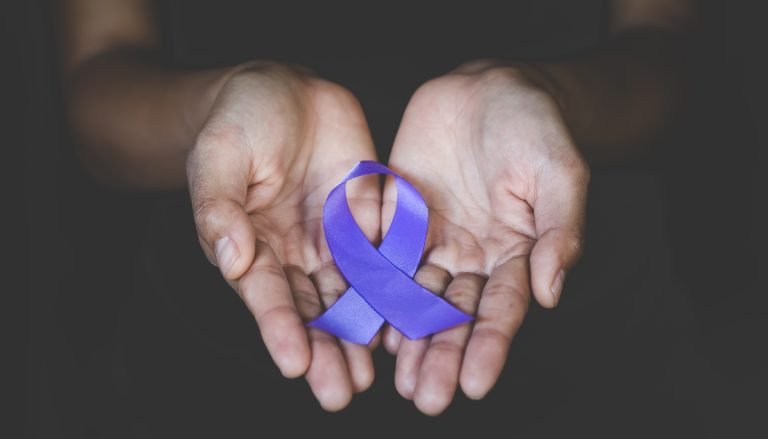
We Work With Most Insurance Companies
Insurance coverage will vary across plans, fill out our insurance verification form and we'll provide you with all the details.

The VA provides drug addiction support through various services. Explore your options and take the first step toward recovery.

May is Mental Health Awareness Month — the time of year when we check in on each other and ourselves to ensure we are taking care of our mental well-being.

Shatter myths about addiction during National Drug and Alcohol Facts Week. Get the facts, fight misinformation, and learn the science behind substance use.

Explore the benefits of yoga for mental health, including stress reduction and mood improvement, at Otter House Wellness in Asheville, NC.

Is addiction recovery one of your goals for the new year? Let’s make it happen together at Otter House Wellness!

Learn 5 ways to protect your mental health around the holidays and when life gets stressful from Otter House Wellness.

Struggling to find the right center for addiction or mental health treatment? Here are some steps to take if previous treatment centers haven’t worked.

Wondering if you can use the Family Medical Leave Act for rehab? Discover eligibility, application steps, and what FMLA protections you have.

Discover 5 essential tips for choosing a recovery center that prioritizes mental health. Learn how to find the right support for your journey.

Learn about International Overdose Awareness Day, prevention strategies, and how we support individuals and families facing substance use challenges.

Insurance coverage will vary across plans, fill out our insurance verification form and we'll provide you with all the details.